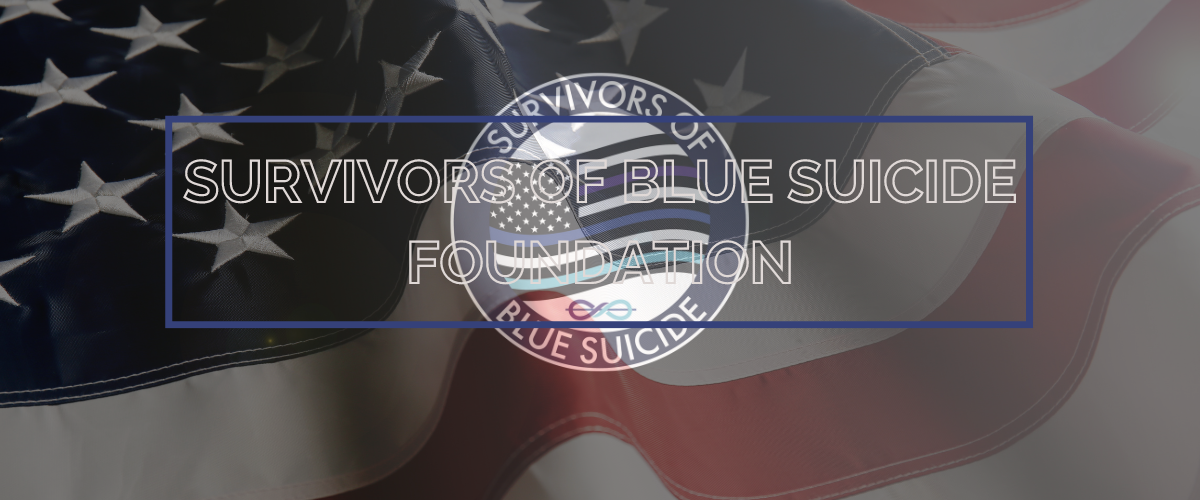Leading the Front Lines Through Trauma
The Preamble to the Constitution of the United States establishes that, to form a more perfect Union, charges the Constitution to “establish Justice, insure domestic Tranquility, provide for the common defense, promote the general Welfare, and secure the Blessings of Liberty to ourselves and our Posterity.” We can see this as the mission statement of the Founding Fathers – one that, 235 years later, we continue to hold to the be the highest mission of the United States.
Today, our government agencies continue to operate under the guidance of their own mission statements. These hold many of the same themes as the Preamble: protect our citizens, safeguard our nation, and uphold our core values. It is not an anecdotal observation that, while these standards remain the same throughout the history of the United States, the tools to meet these objectives must constantly be updated as the civic and social environments change.
Protecting our citizens means preparing our people for the call of duty to which they are responding. In federal work, this often means facing trauma and tragedy, both directly and indirectly. For some, it is front line response; for others, it is supporting the front lines. It is the responsibility of the government to sharpen the tools of our federal workers, while teaching them how to use them most effectively. These tools may be tangible – software, gadgets, or weapons of defense – or they may be soft skills, such as managing stress, responding to critical incidences, or supporting peers through trauma. To not teach these skills can be catastrophic.
In 2020, my life forever changed when my husband, a law enforcement officer, ended his battle with post-traumatic stress disorder by taking his life. His suicide was not a surprise to those in our family, as he was open with us about his mental struggle as a result of the job related trauma he experienced. PTSD is still a relatively new topic in his field, and he had not felt compelled during his 22 year career to learn more about how to look for it or manage the symptoms. His peers were devastated and left feeling helpless as they tried to navigate the aftermath of his death. His is a story of a man who did not understand how to use the tools that may or may not have been sharpened for him by his agency.
When a person hears the term “professional development,” one may think of ethics training or communications courses. I challenge you to think broader as you apply this term to federal agencies. To carry out the tasks of protecting US citizens and our nation’s core values often requires one to become engaged heavily in the front-lines of our country’s sometimes contentious conversations. Our people see things and hear things that can leave permanent psychological scars. How will you recognize these in your peers, or in yourself? Educating our people on these invisible wounds is an inexpensive way to provide the sharpened tools to our most valuable staff. Isn’t this a core element of the tranquility, common defense, and general welfare that our forefathers documented as being our most important mission?
To value our federal agencies means to value the people who serve these agencies day in and day out, who, in turn, serve the American people. They are the backbone of what keeps our country safe and operating as citizens who live in the security provided by their dedication. Developing their professional skills in all ways can be valuable to us, and a life saver to many of them. We, the people of the United States, owe to these employees the same physical and psychological safety that their jobs provide to us.
This column from the Survivors of Blue Suicide Foundation (SBS) is part of the FEDforum, an initiative to unite voices across the federal community. The FEDforum is a space for federal employee and law enforcement groups to share their organizations’ initiatives and activities with the FEDagent audience.
Be sure to subscribe to FEDagent so you never miss an update!


